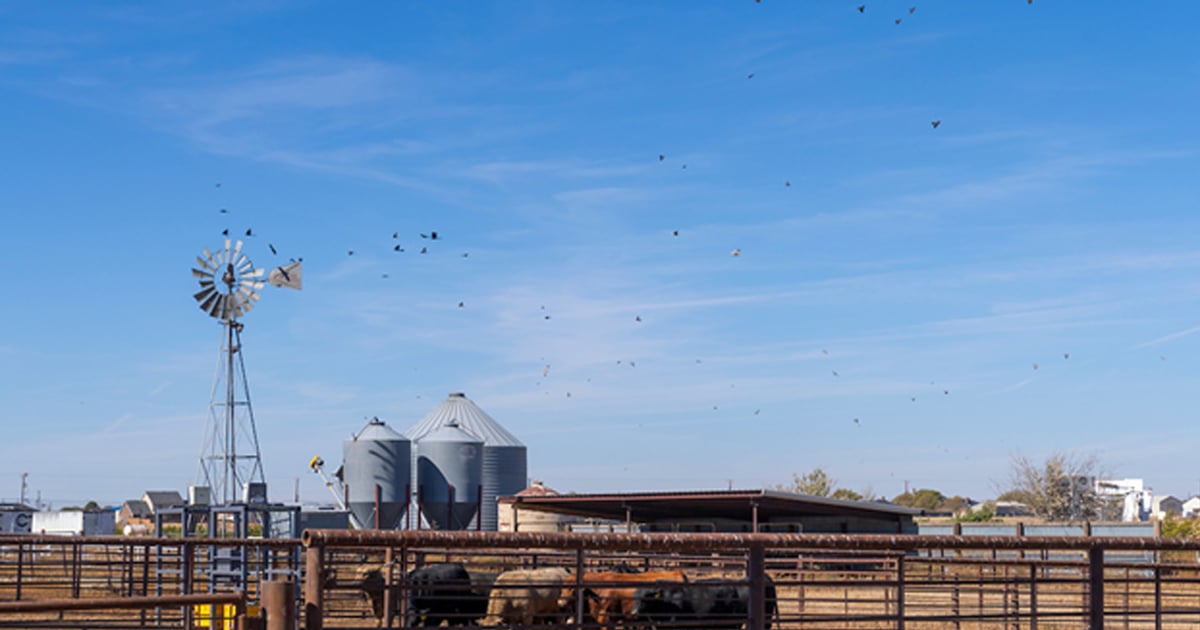5 dates to watch in 2024
Posted on January 3, 2024 by Joshua Baethge
Source: Farm Progress. The original article is posted here.

Happy New Year! Here are some key ag policy dates to watch in 2024.
January 19 and February 2: Government funding deadlines
When lawmakers return from vacation next week, they will once again be tasked with passing 12 budget bills to keep government agencies running. In 2022, Congress approved all appropriations packages in one bill known as the “omnibus.” This time around, Republicans have insisted on voting for each appropriations package separately.
As part of the compromise reached in November to avoid a government shutdown, House Speaker Mike Johnson created two deadlines for Congress to pass new budgets. The Jan. 19 deadline affects funding for Agriculture, Rural Development and the Food and Drug Administration; Energy and Water Development; Military Construction and Veterans Affairs; and Transportation, Housing and Urban Development. The remaining appropriations packages are set to expire on Feb. 2.
So far, the Republican-led House has passed seven appropriations bills, while the Democrat-controlled Senate has passed three. Neither side has begun the reconciliation process required to get the bills through both chambers. The clock is ticking.
March: New farm bill considered?
With the budget battle expected to consume Congress’s immediate attention, work on a new farm bill will likely have to wait. House Agriculture Committee Chair Glenn “GT” Thompson recently said he expects to introduce new farm bill legislation in March. Senate Ag Committee Chair Debbie Stabenow, as well as countless ag agriculture groups, have also expressed the need to get new legislation passed sooner than later.
What happens in March may foreshadow what the ag world can expect in 2024. If the House and Senate manage to get legislation on the floor, the prospect of a new bill improves tremendously. On the other hand, if nothing happens by mid-spring, talk may once again turn toward an extension . It’s a scenario nobody wants, but one that may be unavoidable given the current political climate.
June 2: Mexico presidential election
United States and Mexico officials have been at odds since 2020 when Mexican President Andrés Manuel López Obrador announced his intention to ban imports of genetically modified corn for human consumption. A dispute resolution committee created under the terms of the United States- Mexico- Canada agreement is currently considering American accusations that Mexico’s policy violates the trade agreement.
On June 2, Mexico will elect a new president. Lopez Obrador is barred from running again due to term limits. U.S. Agriculture Secretary Tom Vilsack recently said that a new Mexican president may offer the best hope for American corn interests. American officials believe new leadership may be more inclined to make decisions based on science showing that GMO corn and other products do not pose health risks.
One of the leading candidates, former Mexico City Mayor Claudia Sheinbaum, is a climate scientist.
September 30: Farm bill extension set to expire
In a perfect world, a new farm bill will have been passed long before this date. However, no one is expecting a perfect world this year. Election-year politics will almost certainly add another degree of difficulty to the already challenging lawmaking process. Whatever happens, some action will need to be taken before October. Otherwise, farmers will once again face funding uncertainties and the prospects of key farm bill programs reverting to 1940s-era rules.
November 5: Election day
No event will drive federal agriculture policy more than this year’s election. On Nov. 5, Americans will cast their votes for President, the entire House of Representatives and one-third of the Senate.
Current polling shows President Biden struggling to fend-off another challenge from former president Donald Trump. Republicans appear to have a slight advantage for Senate control, while Democrats seem well-positioned to re-take the House.
Most key races are extremely tight, and nine months is an eternity in politics. Stay tuned – there’s no telling what the new year will bring.




